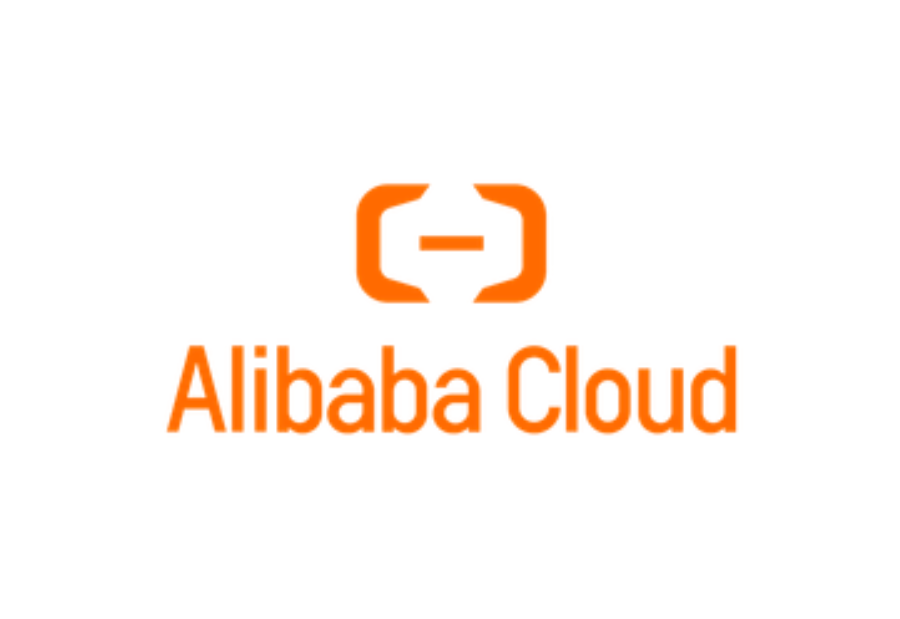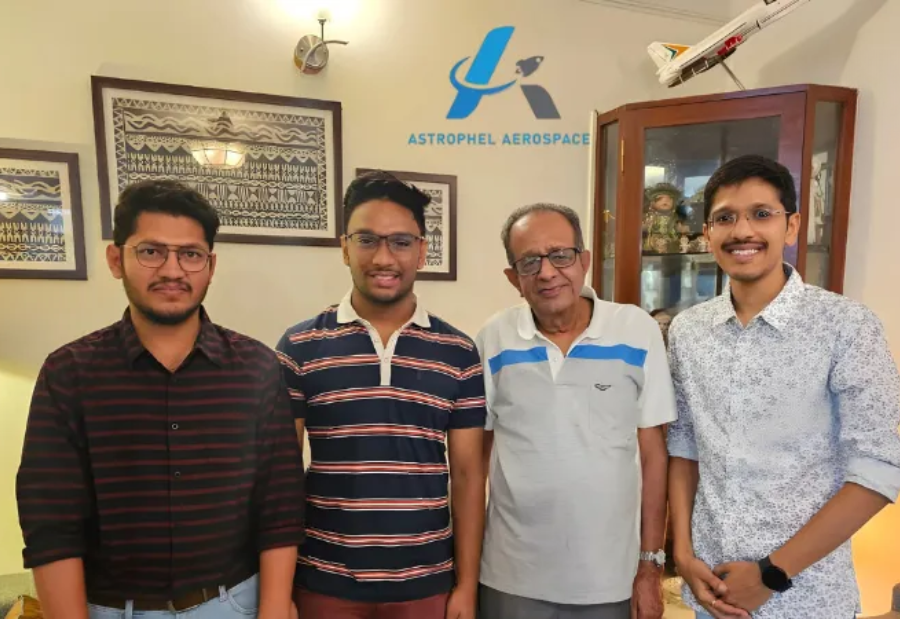Intel’s new CEO Lip-Bu Tan is considering a major change to the company’s contract manufacturing business, according to two sources familiar with the matter, as part of his efforts to revive the struggling U.S. chipmaker. The shift could mean that Intel will stop marketing some of its chipmaking technology, which has been developed over the years, to external customers.
Since taking over in March, Tan has moved quickly to cut costs and explore new strategies. By June, he had raised concerns over the company’s 18A manufacturing process, a technology that former CEO Pat Gelsinger had heavily invested in. Sources say 18A is now losing its appeal to new customers.
If it decides to stop selling 18A and its variant 18A-P to outside customers, the company would likely face a huge financial loss. One of the sources mentioned that Intel could have to take a write-off running into hundreds of millions, possibly even billions, of dollars. Industry analysts also agreed this could be a costly move.
Intel declined to comment on these “hypothetical scenarios or market speculation.” The company stated that its primary customer for 18A has always been Intel itself. It plans to ramp up production of its Panther Lake laptop chips, expected later in 2025, calling them “the most advanced processors ever designed and manufactured in the United States.”
Winning external customers remains critical for Intel’s future. But as 18A faced delays, rival TSMC’s N2 technology has stayed on schedule for production. To tackle this, Tan is reportedly shifting focus to 14A, a next-generation chipmaking process where Intel hopes to gain an advantage over TSMC. Sources say this is part of a strategy to attract major clients like Apple and Nvidia, who currently rely on TSMC for chip manufacturing.
Tan has asked the company to prepare options for discussion with Intel’s board as early as this month. One option includes stopping the marketing of 18A to new customers, though the board may wait until autumn to make a final decision, given the complexity and financial risks involved.
In a statement, Intel said, “Lip-Bu and the executive team are committed to strengthening our roadmap, building trust with our customers, and improving our financial position for the future. We have identified clear areas of focus and will take actions needed to turn the business around.”
Last year, Intel recorded its first loss since 1986, reporting a net loss of $18.8 billion for 2024.
Even if Intel stops promoting 18A to new customers, the company will still produce chips with the process for internal use and for customers like Amazon and Microsoft, who have existing commitments with Intel.
Industry analysts say the 18A process was intended to help Intel compete with TSMC, but in reality, it matches TSMC’s N3 technology, already in high-volume production since 2022. By shifting resources to 14A, Intel hopes for a better chance against competitors.
Tan, known for his strong industry ties, is now reshaping Intel’s direction with this possible strategic change.
Also read: Viksit Workforce for a Viksit Bharat
Do Follow: The Mainstream formerly known as CIO News LinkedIn Account | The Mainstream formerly known as CIO News Facebook | The Mainstream formerly known as CIO News Youtube | The Mainstream formerly known as CIO News Twitter |The Mainstream formerly known as CIO News Whatsapp Channel | The Mainstream formerly known as CIO News Instagram
About us:
The Mainstream formerly known as CIO News is a premier platform dedicated to delivering latest news, updates, and insights from the tech industry. With its strong foundation of intellectual property and thought leadership, the platform is well-positioned to stay ahead of the curve and lead conversations about how technology shapes our world. From its early days as CIO News to its rebranding as The Mainstream on November 28, 2024, it has been expanding its global reach, targeting key markets in the Middle East & Africa, ASEAN, the USA, and the UK. The Mainstream is a vision to put technology at the center of every conversation, inspiring professionals and organizations to embrace the future of tech.




